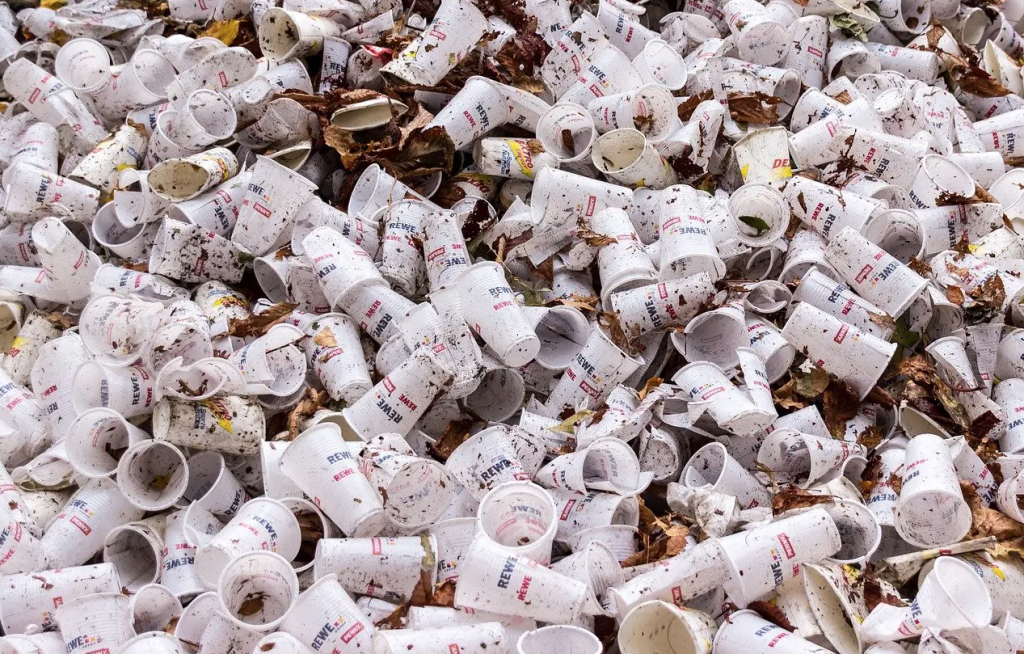(Sustainabilityenvironment.com) – No more single-use plastic, Canada has reached the last step of the path to the ban of polluting products. The Minister of the Environment and Climate Change, Steven Guilbeault, and the Minister of Health, Jean-Yves Duclos, published the final regulations today. Prohibited bags, travel bags, dishes, and catering products are difficult to recycle disposable plastic compounds.
“We promised the Canadians to ban disposable plastics. Today is exactly what we did – commented Guilbeault. – By the end of the year, we will not produce or import these harmful plastics. After that, companies will start offering the sustainable solutions that Canadians want, be it paper straws or reusable bags. With these new regulations, we are taking a historic step forward in reducing plastic pollution, and keeping our communities and the places we love clean”.
Ban on single-use plastic
In Canada, up to 15 billion disposable plastic bags and 16 billion straws are used every year. These are products that end up increasing the huge pollution of the coasts and seas.
The ban covers production and imports and will enter into force from December 2022. As for the sale, however, it will apply from December 2023, in time estimated by the government for the exhaustion of existing stocks in the country. The export will have to be progressively reduced to be closed by the end of 2025: Canada will be the first jurisdiction to do so internationally. The exceptions granted are extensively regulated: plastic straws will still be available to people who require them for medical or accessibility reasons, both at home and in healthcare facilities.
Read also Microplastics found in human blood for the first time
From June 2023, the production and import of conveyor rings and flexible straws packed with beverage containers (those of fruit juices) will be prohibited: they can no longer be sold from June 2024, to give time to the production to readjust.
Readjusting the system to the ban is one of the most important points of the program: the government has published two documents, aimed at companies, to adapt to new regulations and to propose sustainable alternatives to disposable plastic products.
The estimated positive impacts
The government estimates that the ban will result in the elimination of about 1.3 million tonnes of hard-to-recycle plastic waste and 22,000 tonnes of single-use plastic pollution over the next decade: It’s the equivalent of filling a million garbage bags. The initiative is part of the country’s environmental policies for the reduction of waste and pollution, in compliance with the commitments of the Ocean Plastics Charter and the United Nations Sustainable Development Goals (SDG).
Read also PET Recycling: from the cemetery in Leipzig, the super-efficient plastic-eating enzyme
In addition to environmental objectives, the government also looks at the health of the population. Health Minister Jean-Yves Duclos said: “We are focused on protecting the health of those living in Canada, while improving our environment. We know that plastic pollution can be found in outdoor air, food and drinking water, so by addressing this, we will improve health outcomes for all Canadians. These new regulations mark a turning point for Canada. We are taking strong action to protect the environment, creating cleaner and healthier communities across the country”.

